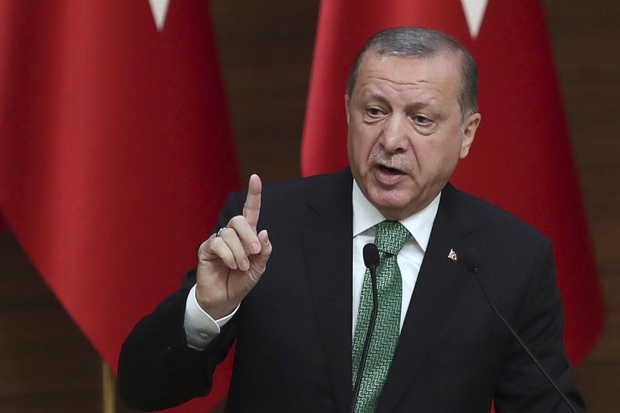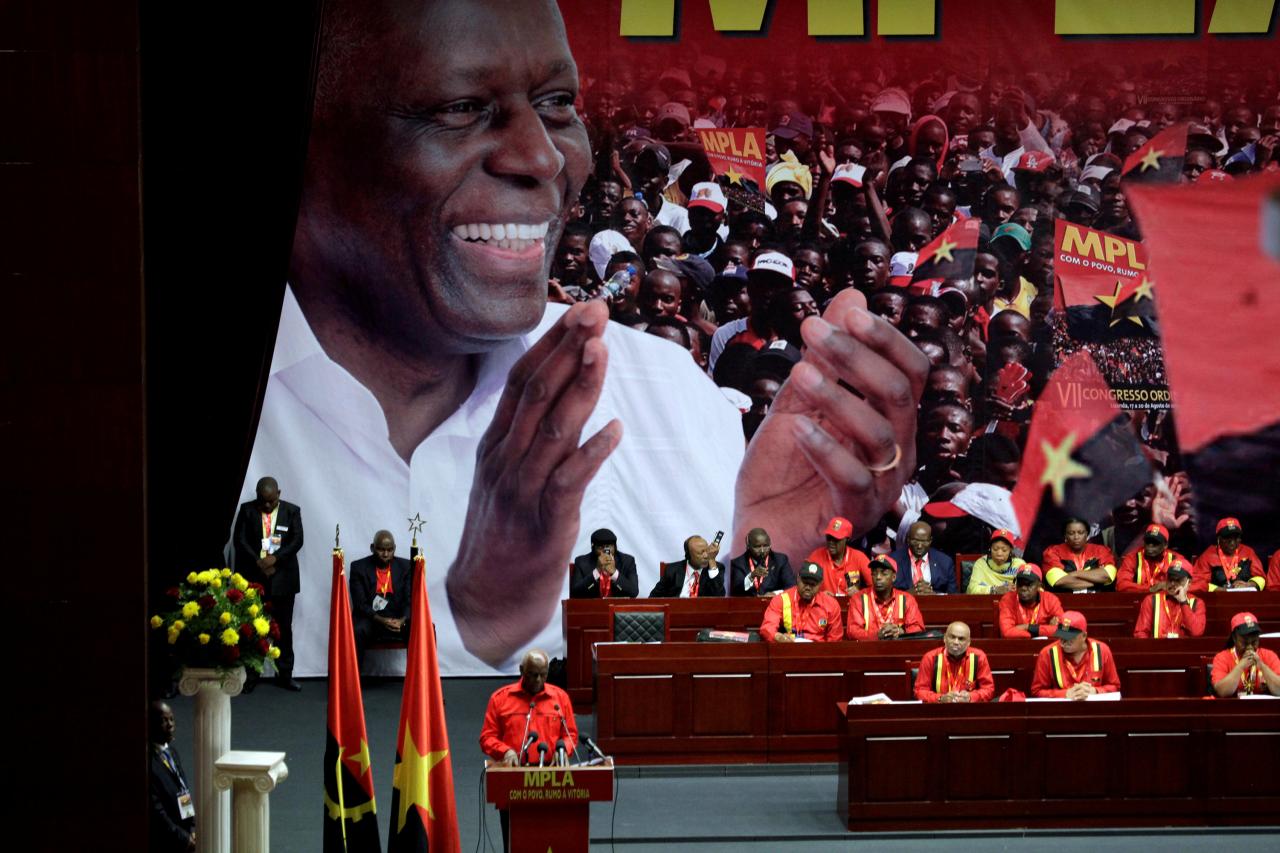Turkey dismissed hundreds civil servants and boosted President Tayyip Erdogan’s powers over the MIT national intelligence agency in two decrees published on Friday, the latest under emergency rule imposed after last year’s attempted coup.
Turkey has sacked or suspended more than 150,000 officials in purges since the failed putsch, while sending to jail pending trial some 50,000 people including soldiers, police, civil servants.
The crackdown has targeted people whom authorities say they suspect of links to the network of Muslim cleric Fethullah Gulen, blamed by Ankara for the coup.
According to the decrees, the president’s permission will be required for the head of the MIT national intelligence agency to be investigated or to act as a witness. The president will also chair the national intelligence coordination board.
The Ankara chief prosecutor’s office will have the authority to investigate members of parliament for alleged crimes committed before or after an election, according to one of the measures.
One of the decrees also ordered the closure of the pro-Kurdish news agency Dihaber and two newspapers, all based in the southeastern city of Diyarbakir. Since the coup, some 130 media outlets have been closed and around 150 journalists jailed.
Such measures have alarmed Turkey’s Western allies and rights groups, who say Erdogan has used the attempted coup as a pretext to muzzle dissent.
Under the decrees, Turkey will also recruit 32,000 staff for the police, along with 4,000 judges and prosecutors.





